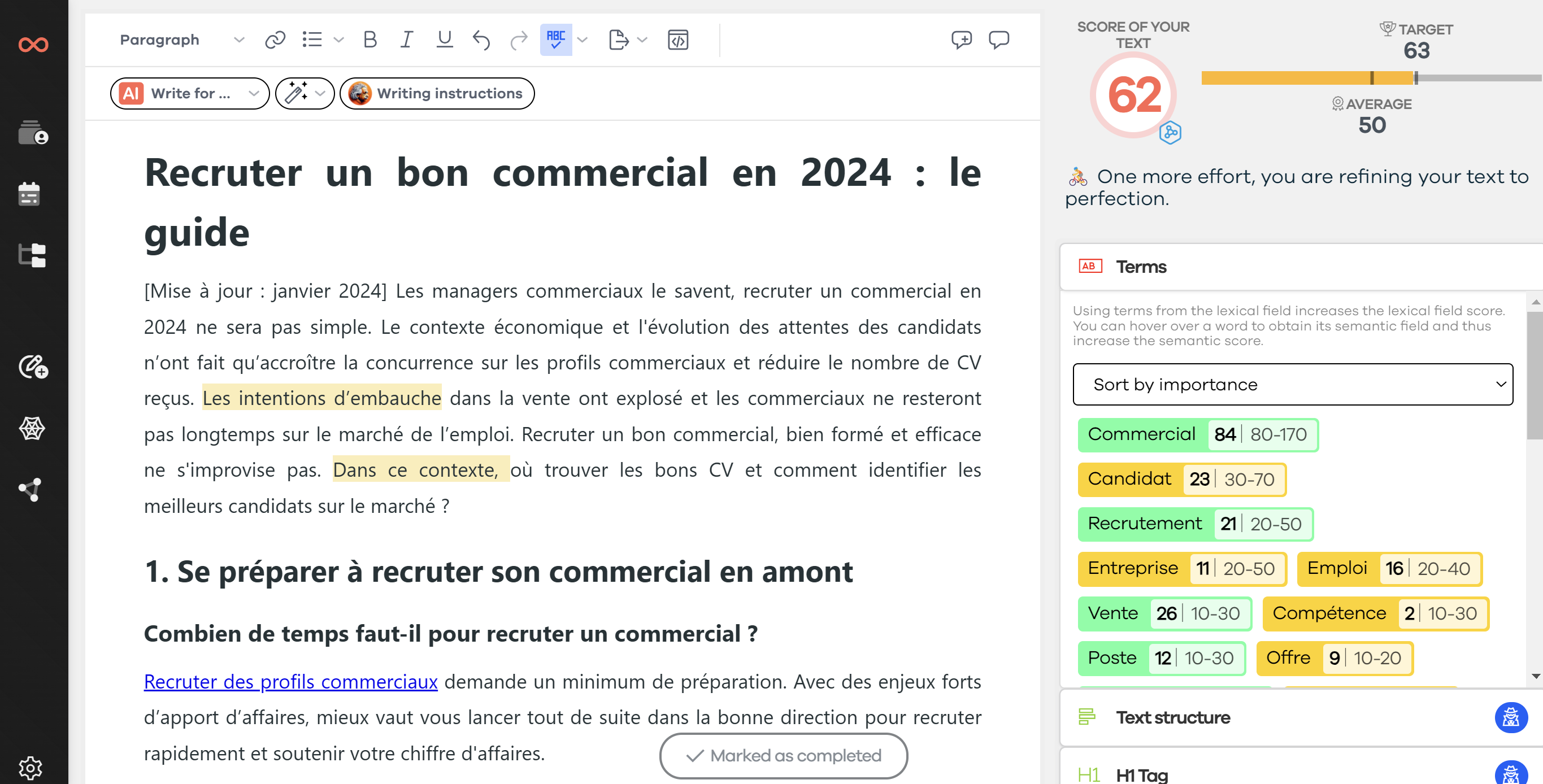⏲ Temps de lecture : 10 minutes
Need to go further?
If you need to delve deeper into the topic, the editorial team recommends the following 5 contents:
If you need to delve deeper into the topic, the editorial team recommends the following 5 contents:
Testez notre version d'essai gratuitement et sans engagement.
